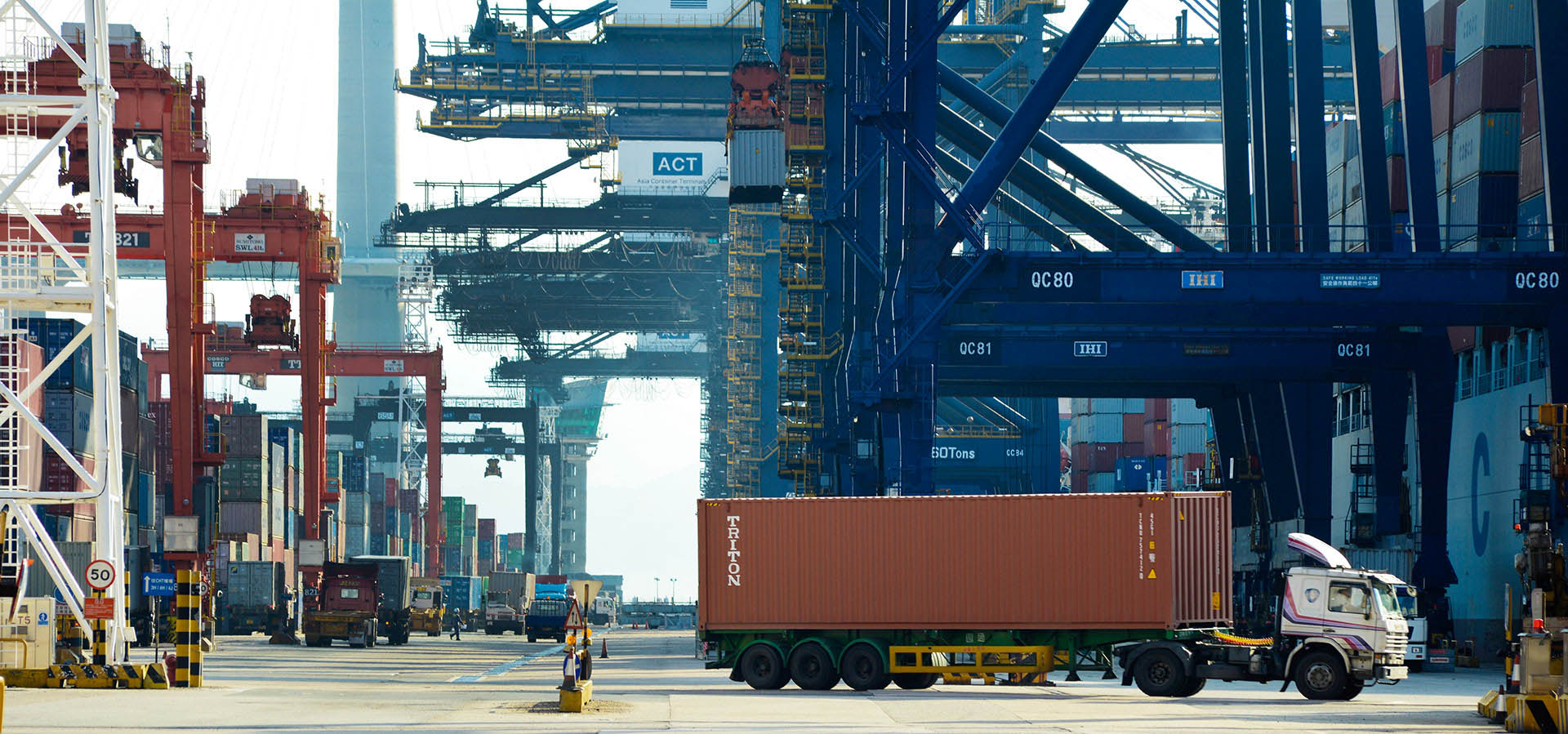In recent years, Artificial Intelligence (AI) has steadily woven its tendrils into virtually every sector of the global business landscape. We explore what it means for Crown Worldwide Group and the wider world of logistics.
Firstly, we need a definition, what exactly is AI? It is defined simply as “the simulation of human intelligence in machines” – an idea anyone who has read a science-fiction novel or two will be familiar with. In practice this means giving machines human-like ability, such as visual perception, decision-making, and language translation. Its pervasive influence can be felt if you’re familiar with something like the ongoing (and heated) debate about AI-created art.
This is what we call “generative AI”. This subset focuses on systems that can produce content, be it text, images, music, or even complex design structures. Large Language Models (LLMs) like ChatGPT are prime examples.

These technologies don’t just analyze and process information; they create, innovate, and generate new content based on vast amounts of data, on which they’ve been trained. This is revolutionary because it positions AI not just as a tool but as, and this is of course heavily arguable, something capable of truly original creation.
Among the sectors touched by both analytical and generative AI is the one in which we operate: logistics. Logistics is typified by precision, hands-on experience and, to the layman, things like trucks, warehouses, and container vessels. How does AI fit within a space like ours, with such a traditional asset base?
The short answer is everywhere. From the intricacies involved in handling the most delicate pieces of fine art, to dynamically reimagining the future of workspace design and the meticulous task of safeguarding critical information like medical records, the introduction of AI and LLMs are, as we’ll explore, enormous.
As stewards of such a critical industry, we’ve dedicated ourselves to understanding the ebbs and flows of AI’s advancements. We’ve watched closely, engaged deeply, and are now eager to both harness AI’s potential and share our evolving insights.
1. Crown Fine Art: Art Meets AI
In the world of fine art handling, there’s an ongoing dialogue about the influence of AI. As generative AI technologies cement their presence in this domain, they introduce new methodologies to interact with artworks, both ancient and new.
These AI tools aid in everything from rapid design inspiration to discovering new talents and assisting in environmentally conscious art handling. While there are undeniable benefits, we also acknowledge potential challenges, such as concerns over privacy and the ability of AI to execute tasks fully.

2. Crown Workspace: AI & The Modern Office
When one thinks of AI, it’s often in the context of virtual assistants or smart home gadgets. However, as our research indicates, its role is expanding. Could AI possibly dictate the future of office relocations, refurbishments, and redesigns?
As our latest guide delves into the nuances, we uncover both the existing applications of AI in modern life and the immense potential waiting to be unlocked in the workspace.

3. Crown Records Management: Navigating Information with AI
The scope of AI doesn’t end with art or office spaces. Its ability to understand, process, and produce vast amounts of textual data is ground-breaking. This feature of LLMs has ushered in a new era for information and records management.
Automated document analysis, enhanced information retrieval, and data cleansing are just the tip of the iceberg. But with power comes responsibility, and we’re equally focused on discussing potential risks, from bias to privacy concerns.
Explore how AI is transforming the future of records management.

By seamlessly integrating advanced technological solutions with our time-honored logistics practices, we are shaping a future where innovation meets reliability and one element that will always remain relevant: delivering a service that, while it may be complex behind the scenes, is made simpler by outstanding staff and innovative technology.
We look forward to sharing more insight around AI as it continues to reshape the sectors in which we operate.